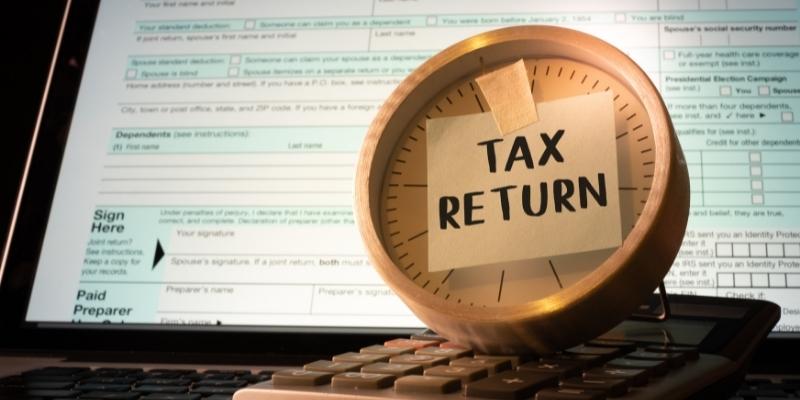Suppose a homeowner fails to make mortgage payments for an extended period (often several
months). In that case, the bank or other lender may initiate foreclosure proceedings and seek
to evict the occupants of the property. The bank will next engage trustees to conduct a foreclosure auction of the residence. The lender may only recover part of what is still outstanding on the mortgage. You can only win a little or make more money at the auction.
A homeowner may need to make a payment on their property taxes. Therefore, the local tax authorities seize the property and put it up for auction at a tax lien sale. The government currently holds these.
Two additional auction kinds can be derived from each of these. Lenders have discretion in confirmation auctions, meaning the winning bid could be rejected if deemed insufficient. The highest bidder at an absolute auction is the winner. However, speaking with your trusted financial counsellor before proceeding with a home auction is important.
Buying a Home at Auction: What to Look For

Auction buyers should be equally as careful as regular home buyers, if not more so, with their research. The end goal is the same in both cases: to acquire a property with the expectation of increasing its value through renovation and resale. Buyers at auctions must take the same precautions they would when making a typical real estate purchase.
However, there are a few more considerations that buyers of auction homes should make. Particularly, anyone purchasing a home at auction must consider the state of the property carefully. Auction houses often remain empty for lengthy periods before being sold, increasing their risk of damage from mould and vandalism.
Therefore, at the very least, guarantee that the house is in satisfactory shape by your standards. That can involve mould treatment or ensuring all the copper lines are still in place.
The Benefits of Purchasing a Home at Auction
Buying a home at an auction may have several benefits:
- Discount Potential
- Possession of Access to Preferred Real Estate
- Short Processing Times
- A lot of potential lies within some homes
There will be properties where the opening offer is a fraction of what the property is worth, while others will be priced higher than they are worth. Some will be too damaged to be viable prospects for restoration and rehabilitation. There will also be undervalued homes that are fairly priced yet have significant untapped potential after an upgrade.
For investors, foreclosure and lien auctions present a unique chance to acquire homes at steep discounts. After sufficient upkeep, they can sell or rent the properties for a profit. Most foreclosure auctions also provide interested purchasers with plenty of time to tour the properties, gather information, and shortlist the ones they want to pursue.
Another perk is that the time spent haggling with a seller is minimised. The highest bidder in this auction gets the item. No extra costs, discounts, or adjustments will be made. The winning bidder arranges financing through private financing or collecting other funds and takes ownership of the property.
What to Do After a House Auction

Becoming the property owner may take a few days after you win the offer. Major decisions like renovation projects should be put on hold until you have them. It's best to be patient and wait until you've taken complete possession of the property before making any major changes.
Once you have obtained the title to your property, you can make any necessary repairs, apply for a home equity loan or line of credit, and list the home for sale. Before moving in or selling, you should thoroughly assess the property to identify any issues.
Why Does Property Go To Auction?
A house may be put up for auction for various reasons, and the auction procedure for real estate will vary slightly based on the specific circumstances surrounding the auction. However, foreclosure and tax liens are the leading causes of a home's auction.
After the previous owner has failed to make payments for an extended period and the bank or lender has "foreclosed" or taken possession of the property, an auction to sell the property is held. In such a sale, the initial lender sets the opening bid, often the amount owing plus related fees and costs. Auction attendees can make bids at or above that amount at that point.
A tax lien auction functions similarly, except that the property is being sold because of tax arrears or tax fraud. The lien is being sold here. If the lienholder is not paid, they can take legal action against the property owner, including repossession. (Note that investing in tax liens requires a unique approach.




